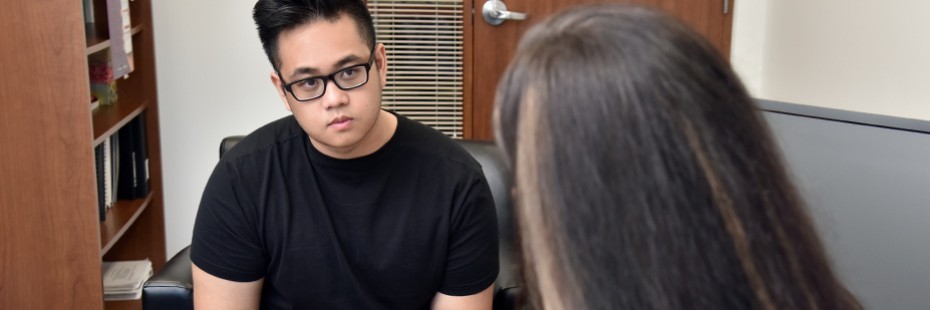As a Graduate Assistant (GA) or Teaching Assistant (TA), you have a unique position on campus. You are at all times a student of the University, but you are also an employee of the University.
Because of the nature of your duties, you are in a position of trust and responsibility. You play a very crucial role as it relates to reporting academic misconduct, providing evidence during investigations, and enforcing a culture of integrity on campus.
Common Questions
You should report the cheating to the professor at the first available opportunity. Where possible, you should engage another TA or proctor to corroborate what you have observed (say, for example, if it occurs in an examination setting). You have an important role to play in the maintenance of academic integrity at the University because in most cases you will have regular contact with students, with proctoring exams, and with reviewing work that may be plagiarized.
This depends on the nature of the misconduct and the action the professor and/or Associate Dean decides to take with respect to the misconduct. If the matter proceeds an Academic Integrity matter, you may be contacted by the Dean or the designate of the Dean to discuss what you know in more detail.
Students might ask you to help them cheat on a test or pressure you to engage in dishonest behaviour (e.g., giving them the answers to a homework assignment). You might also come across opportunities to turn a "blind eye" to an academic offense.
You should contact the professor for whom you are working and report this. You could also contact the Associate Dean or the Dean of your Faculty.
Yes, regrettably they have. Some complaints have included: the TA treats some students better than others; the TA gives some students more time than others; the TA gives some students answers or lets them look at the teacher's manual; I know the TA saw someone cheat but the TA didn't do anything about it; the TA gives preferences to students with the same cultural background as him/her; the TA is never there at office hours; the TA doesn't return my emails; the TA was rude to me.
Do your very best to treat all students equally. Report anything improper to the professor. Be at office hours when they are scheduled. Return emails within a reasonable period of time. Do not act in a manner that could be perceived by others to constitute offering an academic advantage to one student over another. Act professionally at all times since, when you are dealing with students, you are standing in the shoes of a professor.
Some examples are inflating grades when marking exams, tests, or assignments, giving preferential treatment to one or more students over others, altering a student's exam, test, or assignment in any way, agreeing with students to help them cheat, failing to report suspected cheating, providing false information, obstructing academic or other activities, and/or accepting money to do any of these things.
You face the risk of being terminated from your employment with the University, you risk suspension or expulsion as a student, and you risk being able to enter your chosen profession, depending on the ethical requirements of that profession. An example of this occurred in 2009. A graduate teaching assistant was found guilty of helping a student cheat during an exam and was suspended for two years.
The procedure you face is similar to that of any other student because you would be disciplined for misconduct under Bylaw 31 in your capacity as a student. A Bylaw 31 investigation, however, is separate and apart from any disciplinary measures that may be taken against you as an employee of the University, which are governed by your collective agreement with the University. You should know that committing an academic offense in one's capacity as a GA or TA is considered one of the most egregious offenses and GAs or TAs who have been convicted of cheating have been suspended.

